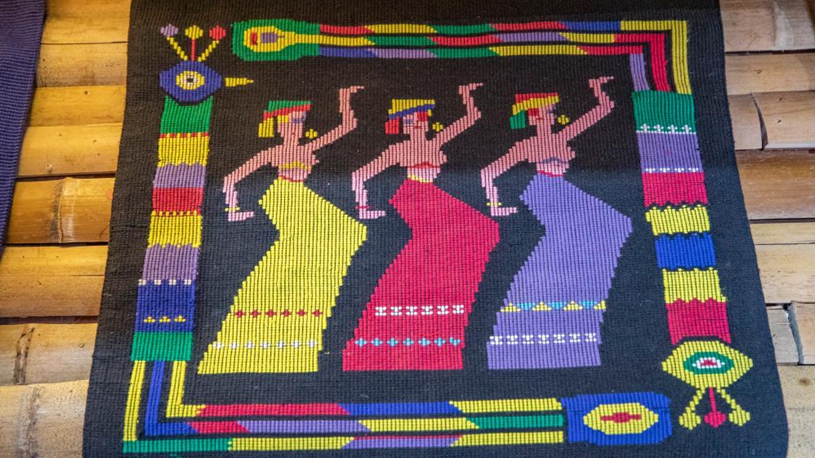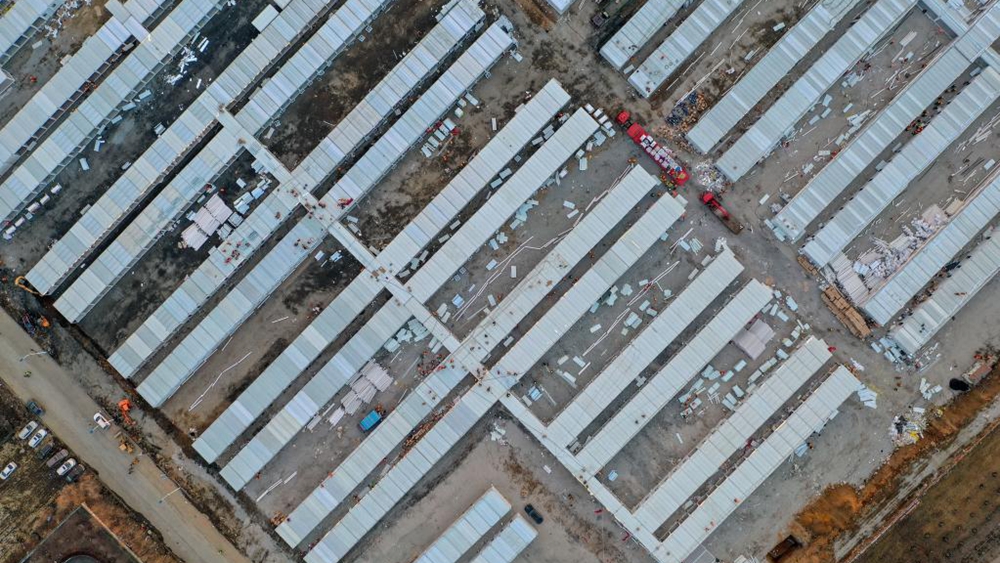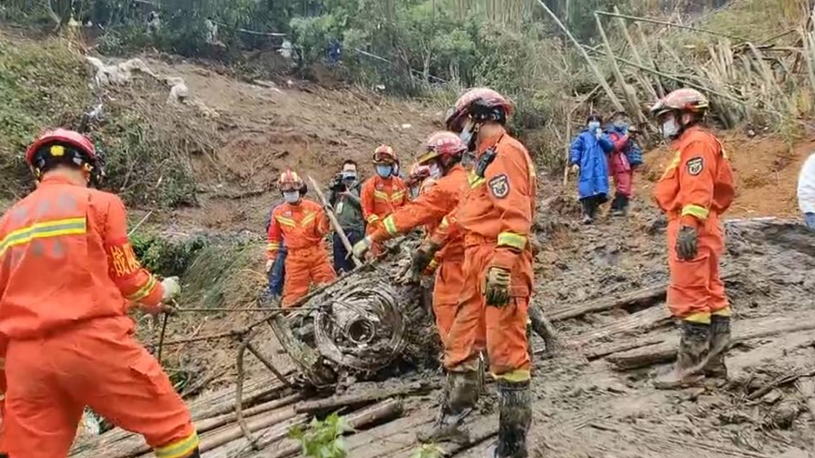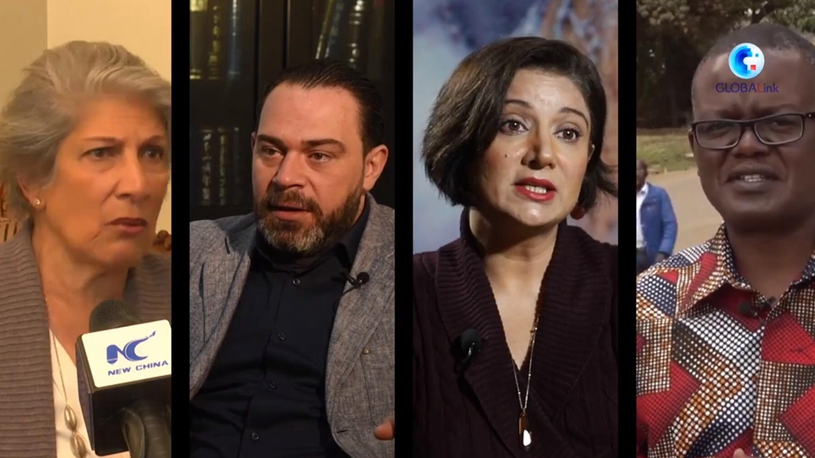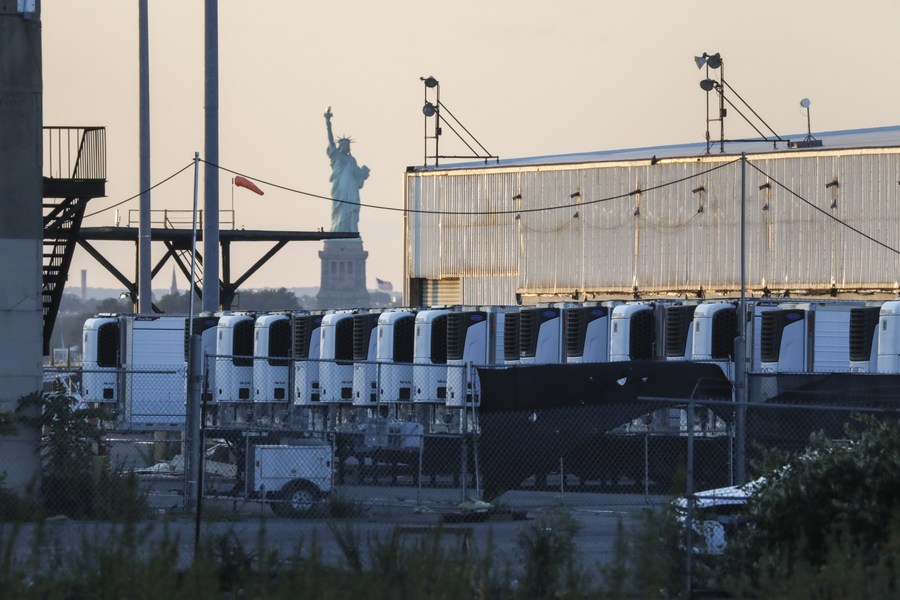
Refrigerated trailers are seen at a temporary morgue in Brooklyn of New York, the United States, Sept. 6, 2021. (Xinhua/Wang Ying)
If the country doesn't want to repeat its mistakes, it will have to take radically different actions the next time a health crisis hits.
NEW YORK, March 25 (Xinhua) -- Two years on with the COVID-19 pandemic, it has turned out that the United States' data systems weren't standardized, its genomic surveillance was a mess and its inequitable healthcare system led to incomplete datasets, reported U.S. news portal FiveThirtyEight on Wednesday.
"That has left a mess for those of us tracking this novel virus. For two years we've tried to make sense of COVID-19 trends with metrics that were fundamentally impaired by our chronically decentralized and underfunded public health system," said the website that focuses on opinion poll analysis, politics, economics and sports blogging.
"Looking back, it's remarkable how poorly we started, how far we've come and how far we still have to go. If the country doesn't want to repeat its mistakes, it will have to take radically different actions the next time a health crisis hits," noted the article titled "The U.S. Still Doesn't Know How To Track A Pandemic."
Particularly, the federal government refused to use a World Health Organization (WHO) test in favor of waiting for the Centers for Disease Control and Prevention (CDC) to develop its own. That CDC test had contamination issues, delaying its rollout to labs by several weeks, according to the report.
"We rejected the WHO test, we had a test that was contaminated, and the government shut down academic labs that could do the proper PCR testing," Eric Topol, the prolific COVID-19 commentator who is director of the Scripps Research Translational Institute, was quoted as saying. "It was a nightmare, a veritable nightmare. And the testing has never gotten right since." ■


